One of the many challenges of infertility is hearing the unsolicited advice from friends and family that make assumptions about the relationship between stress and fertility. They say, "Just relax...You're trying too hard...Take a vacation...!" The connection between stress and infertility is very complex, and advice like this grossly overly simplifies it!
But what does research show us about the dynamic between emotional distress and fertility?
#1 - That infertility most definitely can cause tremendous amounts of emotional, physical, and martial strain.
Research has shown that women who are struggling to get pregnant for over one year can have the same levels of depression and anxiety as women with cancer, heart disease, and women who are HIV-positive. That statistic might sound surprising, but it shouldn't since infertility has the potential to negatively affect every aspect of a couple’s life.
#2 - Psychological distress is often correlated with lower fertility success rates.
Over a dozen good (not all are!) studies have shown that the more depression, anxiety and stressful life events women reported before undergoing fertility treatment, the less likely they were to get pregnant. Some highlights include…
Women who were the most anxious prior to their IVF treatment cycle were 93% less likely to conceive than the least distressed women.
Women who were not depressed before starting IVF treatment had conception rates twice as high as women who were depressed before treatment.
One study looked at levels of 2 stress-related enzymes in the saliva of 400 women who were just deciding to try and conceive. These women had no known fertility problems and were followed for 12 months, or until they became pregnant. After adjusting for age, race, income, caffeine and substance use, they found that the women with higher levels of the stress enzyme had a two-fold increased risk of infertility.
Women with higher levels of anxiety prior to undergoing donor sperm inseminations took significantly longer to conceive and were also significantly more likely to miscarry that those with lower levels of anxiety.
#3 - Another major way that a woman’s emotional state can impact pregnancy rates has to do with treatment dropout.
Research shows the more distressed a woman is when she starts treatment, the more likely she is to drop out of treatment prematurely. We know from studies done in countries where couples have full infertility insurance benefits, that they drop out before they have utilized all benefits because of experiencing too much emotional and marital strain.
At this point, you might be thinking, "Uh, this does not make me feel better!" Sometimes it can be hard to hear that our levels of distress could be hurting our chances of getting and staying pregnant. The last thing I want you to do is start getting stressed about your stress! I actually look at it with a lot excitement because if we know that there can ever be a connection between emotional distress or diet and pregnancy rates, then we can easily spend our energy making changes in these areas that we can actually control to produce powerful results.
#4 - THERE IS GOOD NEWS! Mind-Body behavioral medicine for infertility has been clinically proven to reduce psychological & physical distress and INCREASE PREGNANCY RATES!
Infertility patients attending mind/body counseling programs report significant decreases in depression, anxiety, hostility, fatigue, headaches, insomnia, and abdominal pain; with the support group reporting no change, and the control group (which is the one that doesn’t get any psychological treatment) reporting an increase in symptoms.
Also, many studies have shown that women who participate in mind/body counseling in conjunction with medical treatment have significantly higher pregnancy rates, than women who receive medical treatment alone.
so what is mind-body behavioral medicine?
It's a type of counseling that focuses on the powerful ways in which our thoughts, emotions, and behaviors can directly affect our physical health and vise versa.
We work on effective stress reduction training, learning to take control of the negative thoughts that are causing added suffering, relationship skill building, creating a safe & smart support system, mastering the art of self-care, learning how to grieve in a healthy way, and much more.
I had the honor of studying under Dr. Alice Domar, Harvard Medical School researcher and health psychologist who developed the now world-renowned Mind-Body Program for Infertility.
She beautifully explains the program and the science supporting it in this short video.

